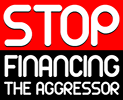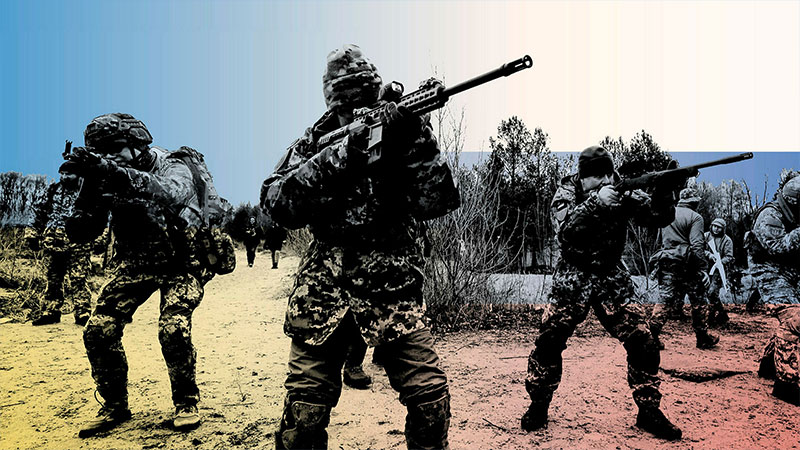Funding both sides of the war: if this is not insanity….
Commenting on what is going on with funding for the war in Ukraine, well-known columnist Thomas L. Friedman recently made this point in the New York Times:
Our continued addiction to fossil fuels is bolstering Vladimir Putin’s petrodictatorship and creating a situation where we in the West are […] funding both sides in the war.
America funds its military aid to Ukraine with tax dollars and some of America’s allies fund Putin’s military with purchases of his oil and gas exports.
And if that’s not the definition of insanity, then I don’t know what is.
It should be added that the European Union also contributes tax money to support Ukraine’s war effort. But the sums are dwarfed by those that flow daily from Europe to the enemy, Russia, for oil and gas.
The West funding both sides of the war is not a good idea. It goes without saying that this will lead to more bloodshed, more destruction, more refugees, and increased security risks for Europe and the world. But do we have the courage to put an end to this?
Stopping support for Ukraine cannot be the solution.Ukrainians are facing a war of aggression that violates international law.
And they are dealing with an aggressor whose military has been built for years using trade revenues and technology from a Europe blinded by boundless naiveté. We have some responsibility here.
There is only one way to unravel the inherent contradiction of financing both sides of the war: cutting or drastically reducing payments for oil and gas imports from Russia, while accepting the risk of Russian supply disruptions.
In the words of Veronika Grimm, a member of the German Council of Economic Experts:
We should stop payments to Russia or at least reduce them dramatically. Even if this means we risk a supply suspension.
The EU is beginning to move in this direction by discussing a gradual phase-out of Russian oil.
However, it remains unclear when, and if at all, the EU oil embargo will materialize, having failed for now due to Hungary’s resistance.
But above all, the timeframe is far too timid. Months and years will pass before oil imports from Russia are phased out, while a halt to gas imports is still not even being considered.
With Friedman, we can confidently assume that in the meantime, Putin is laughing all the way to the bank. Following the invasion of Ukraine, his revenues from fossil fuel exports have soared.
In the first two months of the war, the value of Russian energy imported by the EU was more than double that of the same two months a year earlier – not because import volumes doubled, just because of higher oil and gas prices.
Friedman notes:
Putin starts a war that creates instability, which drives up oil prices, so he makes twice as much money exporting roughly the same amount of oil.
How long does Europe want to play this game?
Decisive action is urgently needed. To put an end to the Russian regime’s plotting, the oil and gas business, the aggressor’s central source of financing, must finally be targeted decisively, whether by immediately halting imports, imposing high tariffs or channeling payments into a fund for the reconstruction of Ukraine.
And this must be done now – not waiting until new atrocities, further devastation, and compounded global impacts of the conflict make it even more obvious that the situation is spiraling out of control.
Security is a priority. It is poor advice to be afraid of taking decisive action – and it is high risk.

